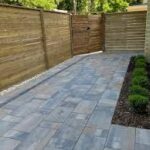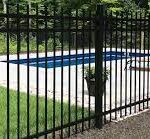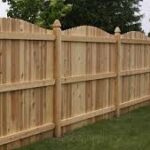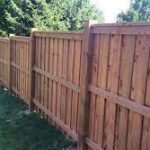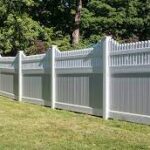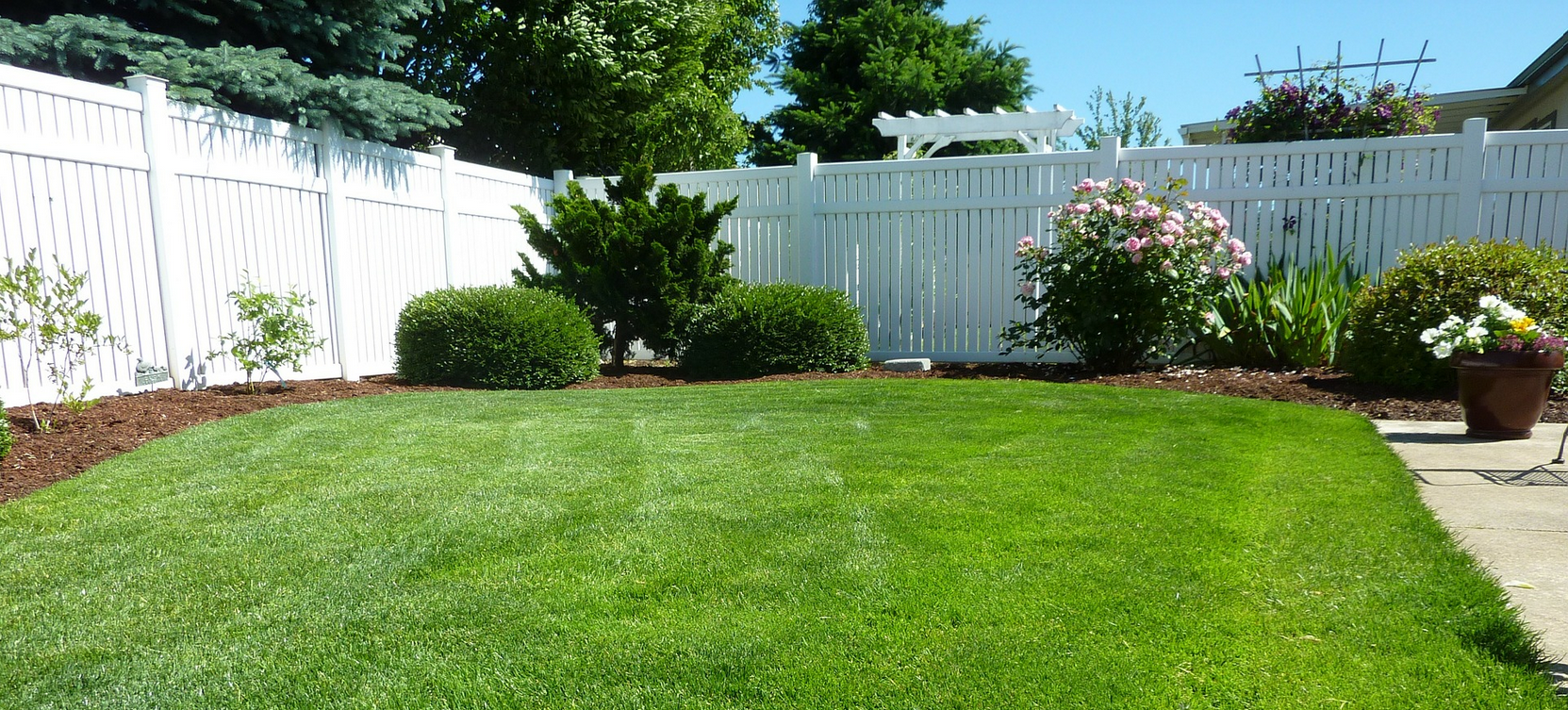
Fence installation West Island Montreal
We also offer our Services to clients living in Laval
Benefits of Fence Installation
Fence installation west island. Fence installation can offer various benefits depending on the specific needs and circumstances of the property owner. Here are some common benefits of installing a fence:
- Security: One of the primary reasons for installing a fence is to enhance security and privacy. Fences act as a physical barrier that can deter trespassers, burglars, and unwanted animals from entering the property.
- Privacy: Fence installation provide privacy by blocking the view from outside. This is particularly beneficial for residential properties, allowing homeowners to enjoy their outdoor spaces without feeling exposed to neighbors or passersby.
- Safety: Fences can help create a safer environment, especially for families with children and pets. They can prevent children and pets from wandering off the property and protect them from potential dangers such as traffic.
- Boundary Definition: Fence installation clearly define property boundaries, reducing disputes with neighbors over property lines. This can be especially important in rural areas or where properties are closely situated.
- Noise Reduction: Depending on the material and design, fence installation can help reduce noise from nearby streets, neighbors, or other sources, providing a quieter and more peaceful environment.
- Aesthetics: Fences can enhance the appearance of a property by adding visual interest and complementing its architecture and landscaping. They come in various styles, materials, and colors, allowing homeowners to choose an option that enhances the overall aesthetic appeal.
- Property Value: Well-maintained fences can increase the value of a property by improving its curb appeal and desirability. Potential buyers may perceive a fenced property as more secure, private, and attractive.
- Control of Wildlife: In certain areas, fence installation can help control wildlife such as deer, rabbits, or rodents, which may otherwise damage gardens or landscaping.
- Windbreak: Solid fences can serve as a windbreak, protecting outdoor spaces, gardens, and structures from strong winds, thereby creating a more comfortable microclimate.
- Marking Off-Limits Areas: Fences can be used to designate off-limits areas within a property, such as swimming pools, gardens, or restricted access zones, promoting safety and organization.
Who Should use Fence Installation
Fence installation can be beneficial for a wide range of individuals and entities, including:
- Homeowners: Homeowners often use fence installation to enhance privacy, security, and aesthetics on their properties. Fences can also provide safety for children and pets and define property boundaries.
- Rental Property Owners: Owners of rental properties may install fences to increase the attractiveness of their properties to potential tenants. Fences can also help define separate outdoor spaces for different units and enhance security and privacy for tenants.
- Business Owners: Businesses may use fence installation to secure their premises, protect valuable equipment or inventory, and control access to restricted areas. Fences can also enhance the appearance of commercial properties and create a professional image.
- Farmers and Ranchers: Farmers and ranchers often use fences to contain livestock, protect crops from wildlife, and delineate grazing areas. Fences are essential for maintaining the security and organization of agricultural operations.
- Schools and Educational Institutions: Schools and educational institutions may install fences to enhance security and safety for students and staff, control access to campus grounds, and prevent unauthorized entry.
- Government and Municipalities: Government agencies and municipalities may use fence installation to secure public facilities, parks, and infrastructure, control access to restricted areas, and define property boundaries.
- Recreational Facilities: Recreational facilities such as parks, sports complexes, and community centers may install fences to protect visitors, control access to sports fields or play areas, and prevent damage to facilities.
- Industrial and Commercial Properties: Industrial and commercial properties often use fences to secure industrial sites, warehouses, distribution centers, and manufacturing facilities. Fences can protect valuable equipment, inventory, and materials from theft and vandalism.
- Transportation Authorities: Transportation authorities may use fences to secure airports, train stations, bus depots, and other transportation hubs, control access to restricted areas, and enhance passenger safety.
- Utility Companies: Utility companies may install fences to protect infrastructure such as power plants, substations, water treatment facilities, and telecommunications equipment from unauthorized access and vandalism.
Types of Fence Isnstallation
There are various types of fence installations, each with its own unique characteristics, advantages, and suitability for different purposes and preferences. Here are some common types of fence installations:
- Wooden Fences: Wooden fences are popular for their natural look and versatility. They come in various styles, including picket, privacy, and post-and-rail fences. Wood can be stained or painted to match the property’s aesthetics and provides good privacy and security.
- Chain Link Fences: Chain link fences are durable, cost-effective, and low-maintenance. They are often used in commercial and industrial settings, as well as for residential properties where visibility is desired. They offer security while allowing air and light to pass through.
- Vinyl Fences: Vinyl fences are known for their low maintenance and durability. They come in various styles and colors, including privacy, picket, and decorative designs. Vinyl fences are resistant to rot, decay, and insects, making them a long-lasting option.
- Wrought Iron Fences: Wrought iron fences are elegant and provide a classic look to properties. They are often used for decorative purposes, such as around gardens or along property boundaries. Wrought iron fences are durable and can be customized with ornamental details.
- Aluminum Fences: Aluminum fences offer the look of wrought iron but with less maintenance. They are lightweight, durable, and resistant to rust and corrosion. Aluminum fences come in various styles and colors, including ornamental and decorative designs.
- Composite Fences: Composite fences are made from a combination of wood fibers and recycled plastic. They offer the natural look of wood with the durability and low maintenance of plastic. Composite fences are resistant to rot, decay, and insects.
- Bamboo Fences: Bamboo fences provide a natural and eco-friendly option for properties. They are sustainable, renewable, and biodegradable. Bamboo fences are lightweight, durable, and resistant to weathering, making them suitable for outdoor use.
- Farm and Ranch Fences: Farm and ranch fences are designed to contain livestock and define property boundaries. They come in various styles, including barbed wire, electric, and split rail fences. Farm and ranch fences are typically made from wood, wire, or metal materials.
- Privacy Screens: Privacy screens are versatile structures that can be added to existing fences or installed independently. They provide additional privacy and can block views of neighboring properties or unsightly areas. Privacy screens come in various materials, including wood, vinyl, and metal.
- Electric Fences: Electric fences are used primarily for agricultural and livestock purposes to contain animals within a specific area. They deliver a mild electric shock to deter animals from crossing the fence boundary.
These are just a few examples of the types of west island fence installations available. The choice of fence will depend on factors such as the property’s location, desired level of privacy and security, aesthetic preferences, budget, and maintenance considerations.
